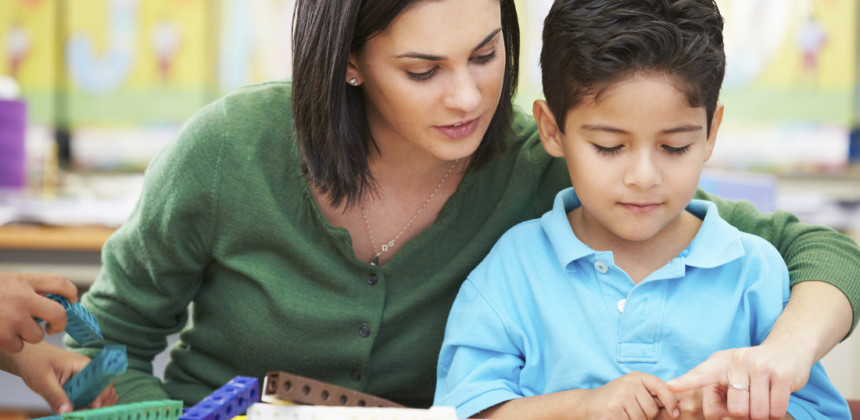What Does Math Literacy Mean?

The process of developing literacy skills is fairly well known. First we learn sounds, then letters, then how the letters and sounds make words…and along the way we learn what it all means and how to make sense of our written language.
Literacy skills are very important in school (and in life): the stronger that students’ reading comprehension skills are, the greater their chances of achieving academic success.
By contrast, the process of becoming math literate is less well known, which is unfortunate, because it’s equally important to students’ success.
So, what does math literacy mean?
Three Oxford Learning Franchisees—John Storm from Oxford Learning St. Catharines, Angela Marseglia from Oxford Learning Beaches and Oxford Learning Danforth, and Danielle LaPointe of Oxford Learning Kingston and Kingston East share their thoughts on the subject:
What is Math Literacy?
- Math literacy (also known as numeracy) means having the ability to problem-solve, reason and analyze information.
- Math literacy is the second key step for all students, beyond language literacy.
- It is the ability to use numbers to help solve real-world problems.
- It is also the ability to understand the “language” of math (for example “sum” means an answer to addition, “difference” means the answer to a subtraction question).
- Math literacy helps helps students to decipher what a question is actually asking by understanding the terminology.
When do students become math literate?
- A student is not math literate until he/she knows the fundamentals of adding, subtracting, multiplication, and division.
- If a student has not mastered fractions by the end of Grade 5, there is a high chance that she/he will struggle into high school and beyond.
- Numeracy is made up of many concepts, and it takes years to be able to understand and use these concepts effectively.
- Moreover, the student brain cannot comprehend certain abstract concepts of logic and reason that are needed for mastery until the adolescent years.
- Some high school students are graduating not even mastering the basic skills such as multiplication and division.
- If students are weak in the basic concepts, the chances of them becoming strong in the more complex concepts is very slim.
- When students are fluent with basic operations, it frees their brains to problem solve, reason, and analyze more effectively.
What are the common challenges to developing math literacy?
- Students typically struggle with pattern recognition and the ability to transfer skills.
- Math requires abstract thinking and sometimes that is a difficult transition for students.
- Students also find it a challenge to interpret word problems—figuring out exactly what the problem is asking them to do, and the steps that they need to complete to find the answer.
When can a student consider him or herself math literate?
- Students can consider themselves math literate when they can confidently and effectively use math concepts, and can recognize how to transfer their skills to help them solve problems.
Any tips for improving math literacy skills?
- It’s never too late to build math skills or review the basic concepts. The better the basic concepts—adding, subtracting, division, multiplication and fractions—are understood, the easier that math becomes.
- The earlier that students repair their math skill gaps, the greater the chance that they can become math literate.
- Students need to stop thinking of math as something that they will only use in the classroom.
- Math is everywhere and it IS used in everyday life from cooking, to fitness, home décor, landscaping, nursing, driving, even art. What is computer science? Math. What is creativity? Math.
- Often, a lack of confidence and/or motivation gets in the way of students achieving math literacy.
- It is very important for students to have positive experiences with math from an early age with many opportunities to achieve success. Feeling capable and competent goes a long way toward achieving math literacy.
- Some students don’t see the value of becoming math literate, asking “When am I ever going to use this?” If students are shown real-world examples of how math is used in our daily lives, this can help to motivate them to make the effort needed to become math literate.

6 Easy Ways To Make Math Fun For Kids
While some of us (adults and kids) naturally find math fun, others may be looking for ways to spice up thje subject at home. Here are a few ideas!
Find Out Now!



